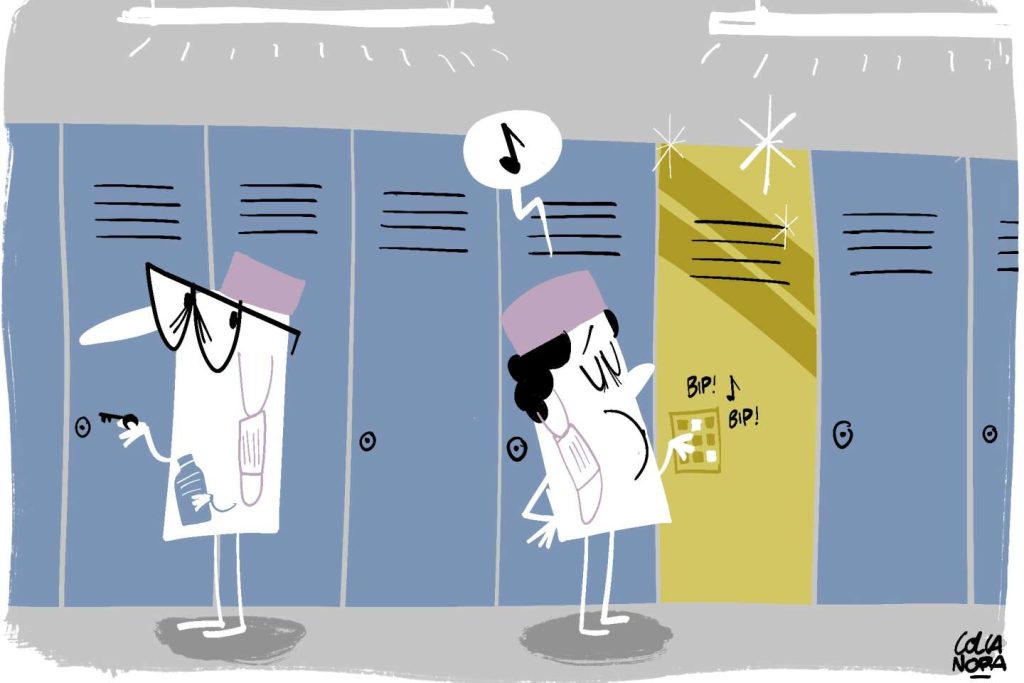For almost a year now, the French government has implemented a cap on the salaries of medical interim workers in public hospitals to curb the inflation of rates among some of these substitute practitioners. Since April 3, 2023, a 24-hour shift is paid a maximum of 1,390 euros gross or risk being rejected by the public accountant. Those who once denounced the “excesses” of the system and called for this regulation are now concerned about a new phenomenon: the increasing use of “motif 2 contracts” as a way to bypass the new rules while staying within the framework set by the government.
The motif 2 contract, which replaced clinician contracts in 2022, allows healthcare facilities to hire contractors for a maximum of three years, renewable once, at much higher rates than those of hospital practitioners. The annual cap for this contract is set at 119,130 euros gross, with a variable part based on performance objectives. This amount exceeds what a practitioner at the thirteenth and final level would earn, at 112,416 euros gross excluding additional payments. Concerns are raised about the potential deregulation of the status of hospital practitioners if the use of motif 2 contracts continues to rise.
While the motif 2 contract is meant to be used in cases of specific recruitment or practice difficulties necessary for healthcare services, its wider use has been observed post the cap on medical interim salaries. This has become the standard recruitment method in some healthcare facilities, especially affecting medium-sized establishments rather than university hospitals. The flexible and inconsistent application of conditions for using motif 2 contracts is a cause for alarm, with both experienced ex-interim workers and new doctors starting their careers through this route.
According to Thierry Godeau, head of the National Conference of the Presidents of Medical Establishment Commissions, this trend is particularly prevalent in smaller establishments. Young doctors are increasingly beginning their careers through motif 2 contracts instead of the traditional paths. Calls for national regulations and standardized conditions for using these contracts are being made by healthcare professionals and associations, as the practice becomes more common and widespread.
Amidst concerns about the potential negative impact on the status of hospital practitioners and the future of healthcare recruitment, there is a growing need for stricter oversight and regulation of the use of motif 2 contracts in French healthcare facilities. The potential consequences of this trend, including the possibility of completely deregulating the status of hospital practitioners, are prompting calls for action at a national level to ensure fair and transparent recruitment practices across all regions and types of healthcare establishments.


